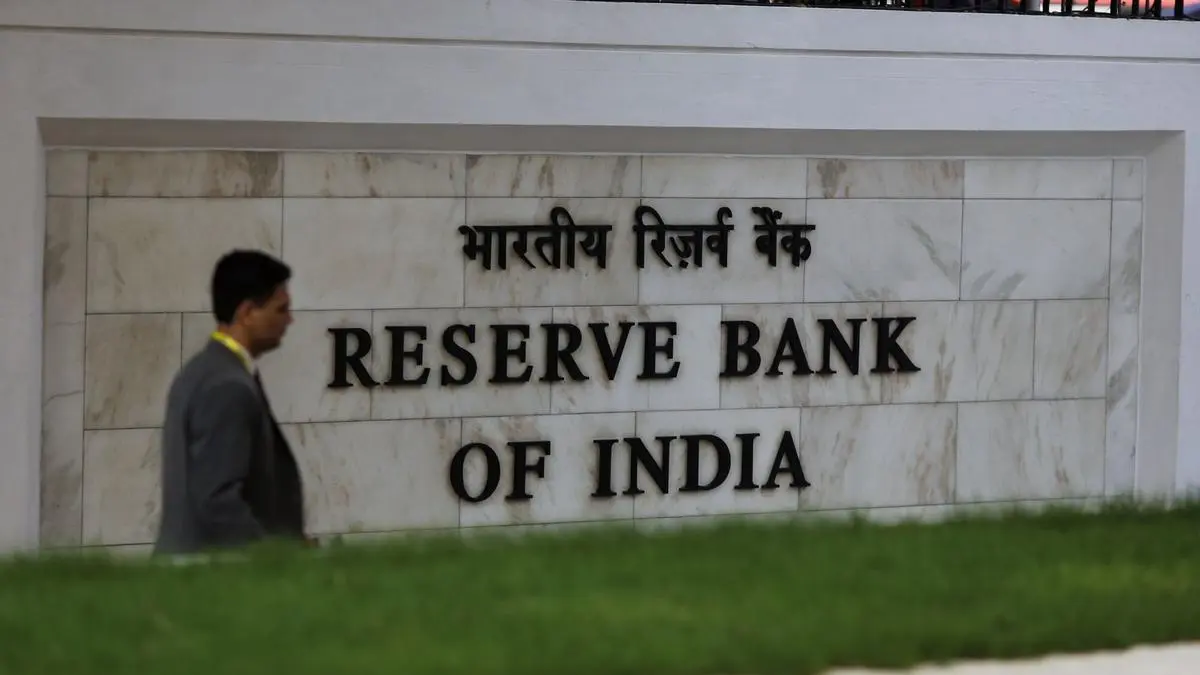Annapurna Finance's Banking Ambitions Dashed: RBI Rejects Universal Bank License Bid

RBI Deals Blow to Annapurna Finance's Banking Dreams
In a significant development for India's financial landscape, the Reserve Bank of India (RBI) has reportedly rejected the universal bank license application of Annapurna Finance, a prominent non-banking financial company (NBFC). Sources familiar with the matter confirmed the decision, signaling a setback for the company's ambitions to operate as a full-fledged bank.
What Does This Mean for Annapurna Finance?
Annapurna Finance, known for its microfinance operations and focus on serving underserved communities, had hoped to leverage a universal banking license to expand its reach and offer a wider range of financial products. The rejection means the company will continue to operate as an NBFC, albeit with limitations on its scope of services and geographical footprint.
Why Did the RBI Reject the Application?
While the RBI has not officially released a detailed explanation for the rejection, sources suggest concerns regarding Annapurna Finance's governance structure, capital adequacy, and overall preparedness to handle the complexities of a universal banking operation. Obtaining a universal bank license is a rigorous process, requiring adherence to stringent regulatory norms and demonstrating a robust risk management framework.
Other Lenders Eyeing Larger Licenses
The RBI's decision comes amid a broader trend of NBFCs seeking to upgrade their licenses. Several other lenders are currently in discussions with the RBI to convert their existing licenses into larger, more comprehensive ones. This reflects a growing desire among NBFCs to enhance their operational capabilities and compete more effectively with established banks.
The Impact on the Indian Banking Sector
The rejection of Annapurna Finance's application highlights the RBI's cautious approach to granting universal bank licenses. The central bank is keen to ensure that new banks are financially sound, well-governed, and capable of contributing to the stability and efficiency of the Indian banking sector. This decision underscores the high bar that NBFCs must clear to transition into full-fledged banking institutions.
Looking Ahead
Despite this setback, Annapurna Finance remains a significant player in the microfinance space. The company will likely need to reassess its strategy and explore alternative avenues for growth within the NBFC framework. The broader trend of NBFCs seeking larger licenses, however, suggests that the competition for banking licenses will remain intense in the years to come. The RBI's continued scrutiny of these applications will be crucial in shaping the future of India's banking landscape.






